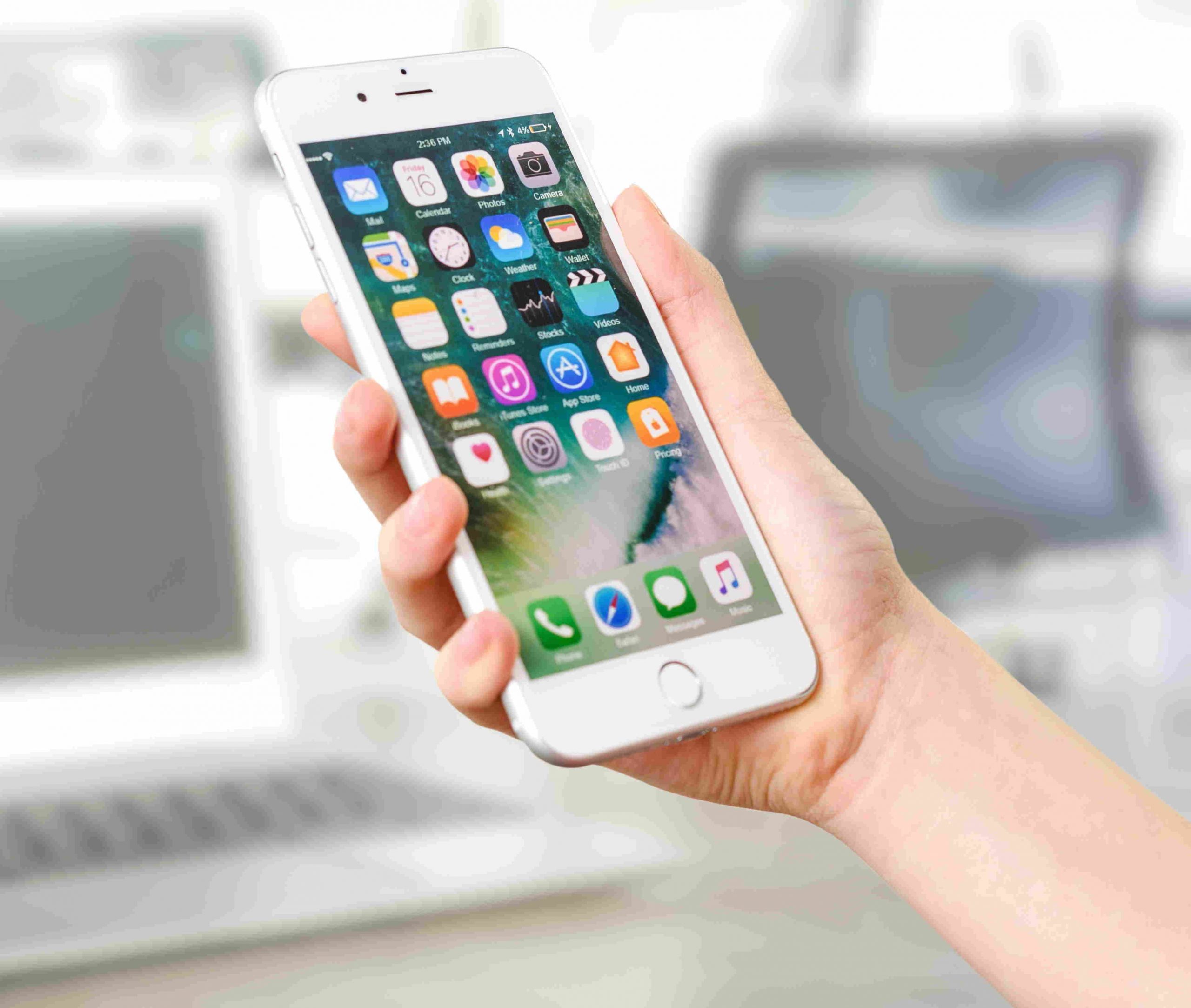Following a claim made by a consumer champion against Apple over the ‘Batterygate’ alleged throttling of older iPhones, millions of people could receive compensation if the claim is successful.
Batterygate
The recent claim in relation to what has become known as ‘Batterygate’ refers to a 2017 software update to iPhones which Apple says was a power management tool to help combat performance issues and to stop older devices from abruptly shutting down.
Some iPhone users at the time shared concerns online that their iPhone’s performance had slowed over time yet had sped up after a battery replacement. This led to a customer sharing comparative performance tests of different models of the iPhone 6S on Reddit, which appeared to support the customer suspicions. Slowing of iPhones was reported to be affecting iPhone 6 and 7 and SE models (back in 2016 also).
Technology website Geekbench also shared the results of its own tests of several iPhones running different versions of the iOS operating system where some showed slower performance than others.
After customers’ concerns mounted and received more press, Apple publicly admitted that it had made changes one year earlier in the iOS 10.2.1 software update (the so-called ‘power management tool’) that is likely to have been responsible for the slowdown that customers may have experienced in iPhone 6, iPhone 6 Plus, iPhone 6s, iPhone 6s Plus, iPhone 7, and iPhone SE.
The slowing affected millions of people with thirty-three U.S states claiming that Apple had deliberately caused the battery-slowing (a process known as ‘throttling’) to encourage battery replacement and new phone purchases.
Apple issued an apology to customers in January 2018 but said that their motivation for slowing the batteries was a desire to prolong the life of customer devices by managing their ageing lithium-ion batteries and preventing the inconvenience of a sudden and unexpected shutdown.
Back in November 2020, Apple agreed to pay $113m (£85m) in the hope of putting an end to the ‘Batterygate’ scandal
The New Claim
The new ‘Batterygate’ claim by UK consumer champion Justin Gutmann alleges that Apple misled users about the upgrade, in that when Apple said it would enhance performance but instead appeared to slow phones down. He is seeking around £768m in damages for up to 25 million UK iPhone users.
Mr Gutmann claims that Apple introduced the software tool in a concealed way to hide the fact that iPhone batteries may not have been able to run the latest iOS software at the time. This allegedly was a plan to save the company the cost of having to recall products and provide replacement batteries, instead making users seek to buy their own new batteries or new iPhones after noticing a slowdown (following the update).
What Does Apple Say?
Back in 2018, Apple said that it would never intentionally “degrade the user experience to drive customer upgrades.” Apple is still sticking to this denial and still claims that the update was intended to help owners by extending the life of their old batteries
What Does This Mean For Your Business?
Batterygate was very damaging to Apple’s reputation the first time around and Apple offered to pay £85m two years ago to make the scandal go away. Apple is, therefore, likely to be very unhappy that the issue has re-surfaced in this way, and it could be facing a big £700 million+ payout. Some people have noted that Apple makes more than 80 per cent of its revenue from new devices which means that there are now many different models being used by customers where there is likely to be a need for updates that can ensure the batteries can handle the continuing improvements in software. The claim by Mr Gutmann is an opt-out type of claim, meaning that iPhone users don’t need to do anything to possibly benefit and receive a payment from Apple if Mr Gutmann is successful. This may provide some sense of compensation and satisfaction to many users who may feel as though they were tricked into unnecessarily buying a replacement phone or battery at great expense. Although the new claim will once again affect Apple’s reputation, it may be a necessary step in ensuring that the scandal will finally go away.

